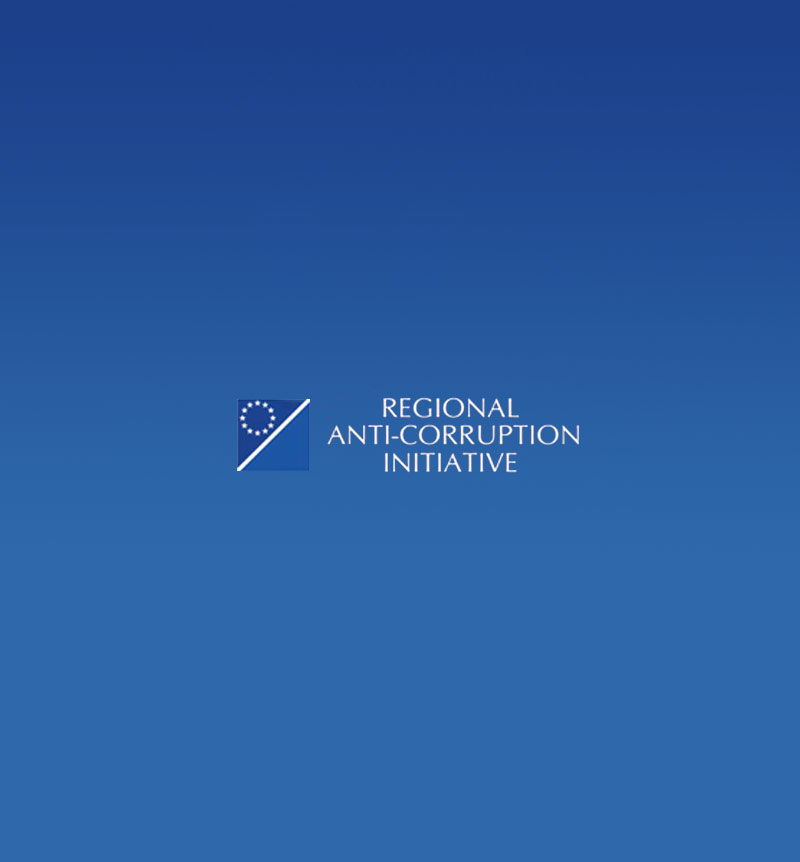
Towards contemporary knowledge and innovative tools for assessing and enhancing effectiveness of Asset and Interest Disclosure (AID) systems in EU Member States and Candidate States
General Objective
The general objective of the qAID project is to provide EU Member States (MSs) and Candidate States (CSs) with contemporary knowledge and innovative tools to assess and improve the impact of national asset and interest disclosure (AID) systems. Specifically, this is done by:
- Identifying best practices and effective (including automated and digital) systems and processes through structured evaluation process;
- Developing a standardized EU risk analysis framework to strengthen filters for declarations and prioritize verification, along with a roadmap for implementing automated and digital risk analysis of declarations of assets and interests of relevant public officials in EU MSs and CSs;
- Developing a comprehensive toolkit to measure the impact of asset and interest disclosure systems in EU MSs and CSs;
- Disseminating the new knowledge and developed tools among national stakeholders in EU MSs and CSs.
In this way, the qAID project aims to be the first comprehensive EU project to address the systems of AID in EU MSs and CSs and identify avenues to make them more effective and efficient.
Specific Objectives
The general objective of the project can be divided into the following 3 specific objectives:
- Develop and promote an integrated approach to measuring progress and assessing the impact of asset and interest disclosure systems in EU Member States and Candidate States. Expected outcome: Better monitoring of the impact of anti-corruption measures (in particular asset and conflict disclosures).
- Promote the implementation of best practices and data exchange on asset and interest disclosure systems in EU Member States and Candidate States (with a particular focus on risk analysis, including automated and digital, to filter declarations and prioritize verification). Expected outcome: improved knowledge and further dissemination of best practices and effective (including automated and digital) systems and procedures in the area of asset and conflict disclosure.
- Enhancing capacity of anti-corruption institutions in dealing with asset and conflict of interest disclosure in EU Member States and Candidate States. Expected outcome: Increased capacity of anti-corruption institutions in dealing with asset and conflict of interest disclosures.
Work Plan
- WP1 | Management and coordination of the action (leader: CSSC)
- WP2 | Inventory and analysis of the current state of AID systems in EU Member States and Candidate States and identification of best practices (leader: CSSC)
- WP3 | Development of a standardized EU risk analysis framework and of a roadmap for implementing automated and digital risk analysis of declarations of assets and interest (leader: CSSC, with the support of CSD)
- WP4 | Development and validation of a methodological toolkit for assessing the impact of asset and interest declaration systems (leader: CSD)
- WP5 | Dissemination of the knowledge (good practices and innovative approaches) and tools developed in EU Member States and Candidate States (leader: RAI)
Project Coordinators
The qAID project is coordinated by the Centre for Security and Crime Sciences of the University of Trento and the University of Verona and carried out in collaboration with the National Anti-Corruption Authority (ANAC, Italy), the Regional Anti-Corruption Initiative (RAI) Secretariat, the Agency Națională de Integritate (Romania’s anti-corruption agency), and the Center for the Study of Democracy (research center based in Bulgaria). More info can be found on this page.

Funded by the European Union. Views and opinions expressed are however those of the author(s) only and do not necessarily reflect those of the European Union or the European Commission (Directorate General for Migration and Home Affairs). Neither the European Union nor the granting authority can be held responsible for them.


